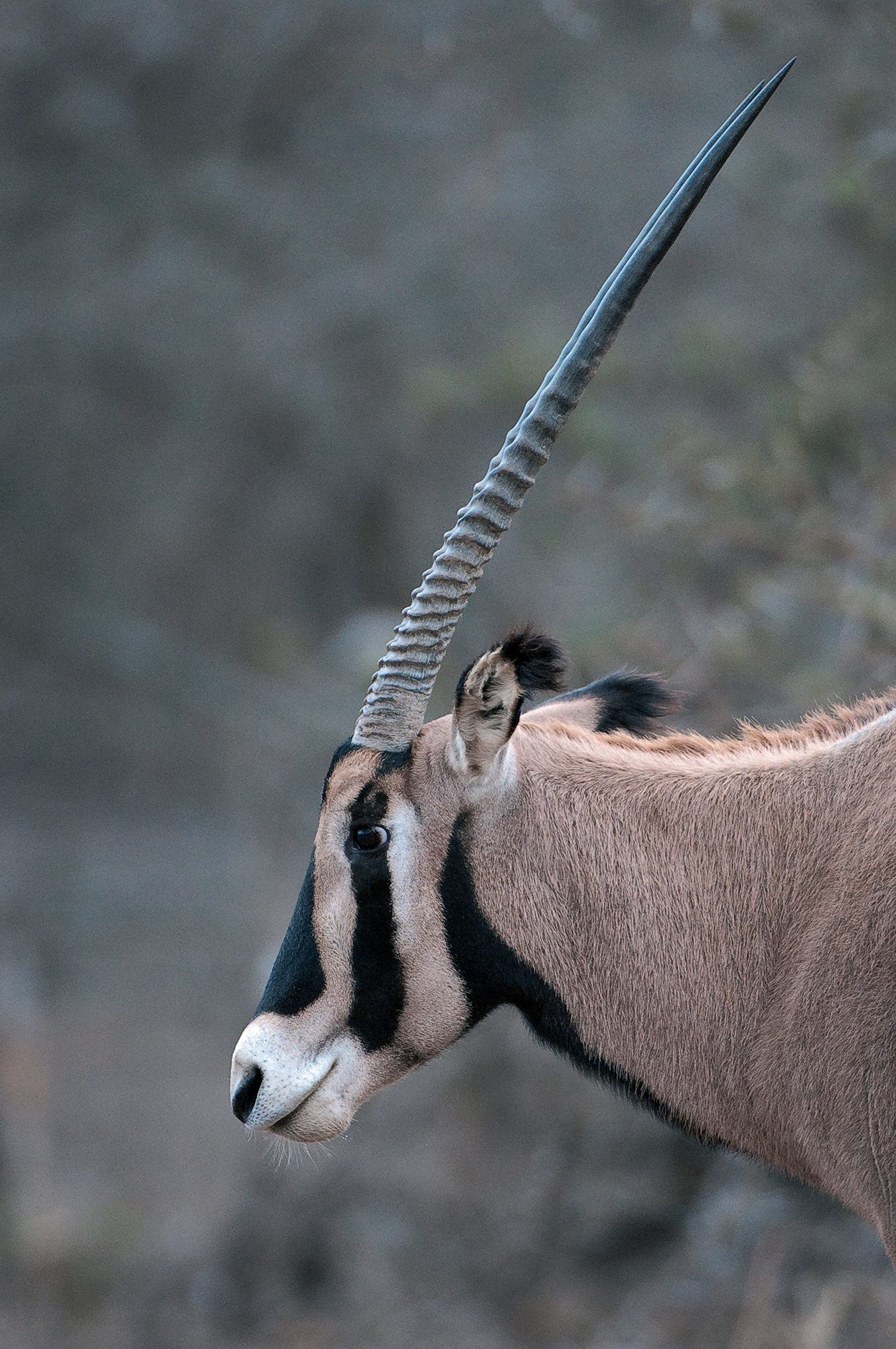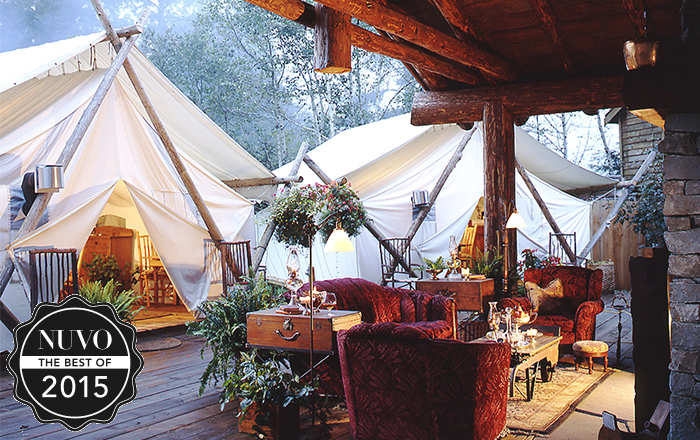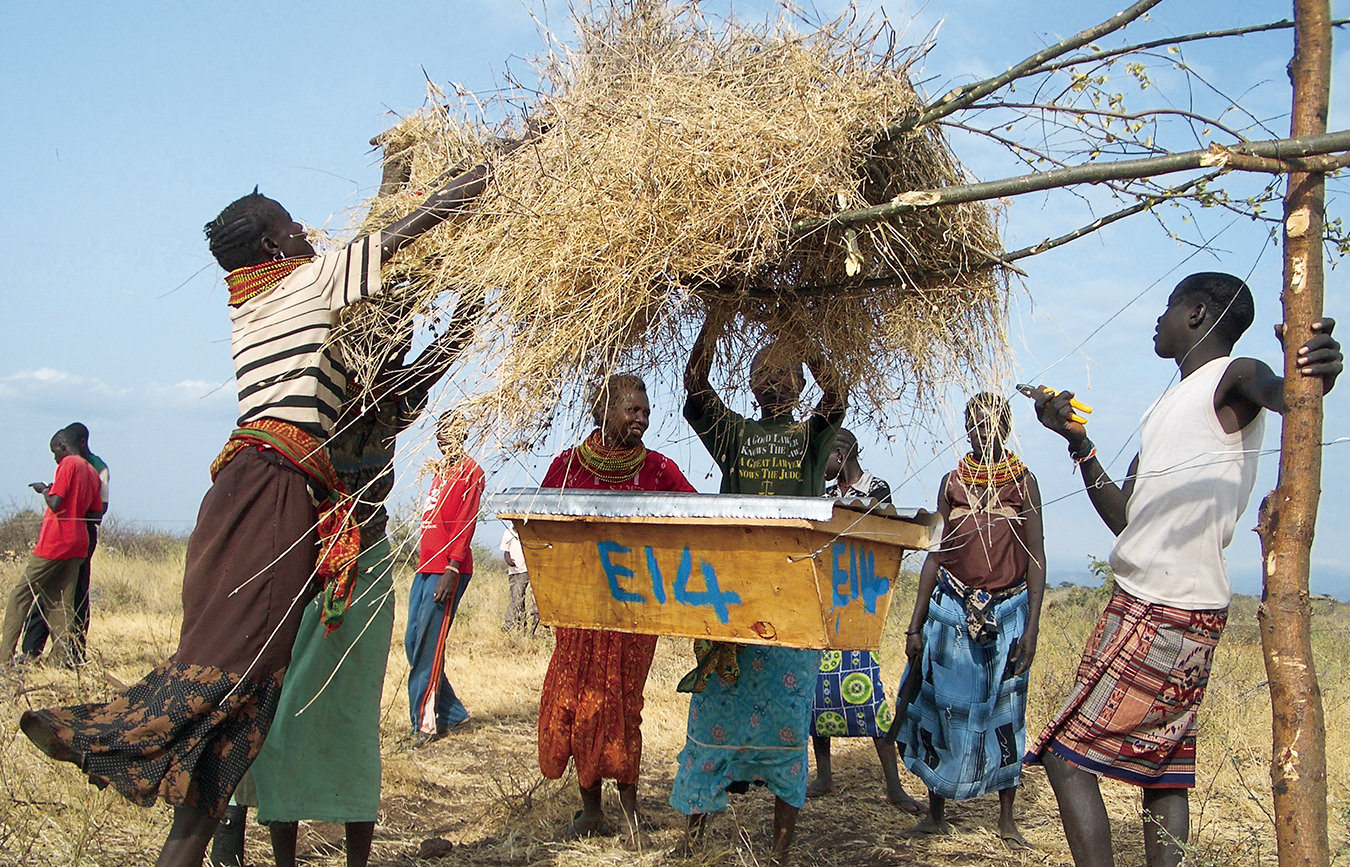Filmmaker Ami Vitale Tells the Story of Kenya’s First Community-Owned Elephant Sanctuary
Reteti Sanctuary is providing the blueprint for the future of conservation.
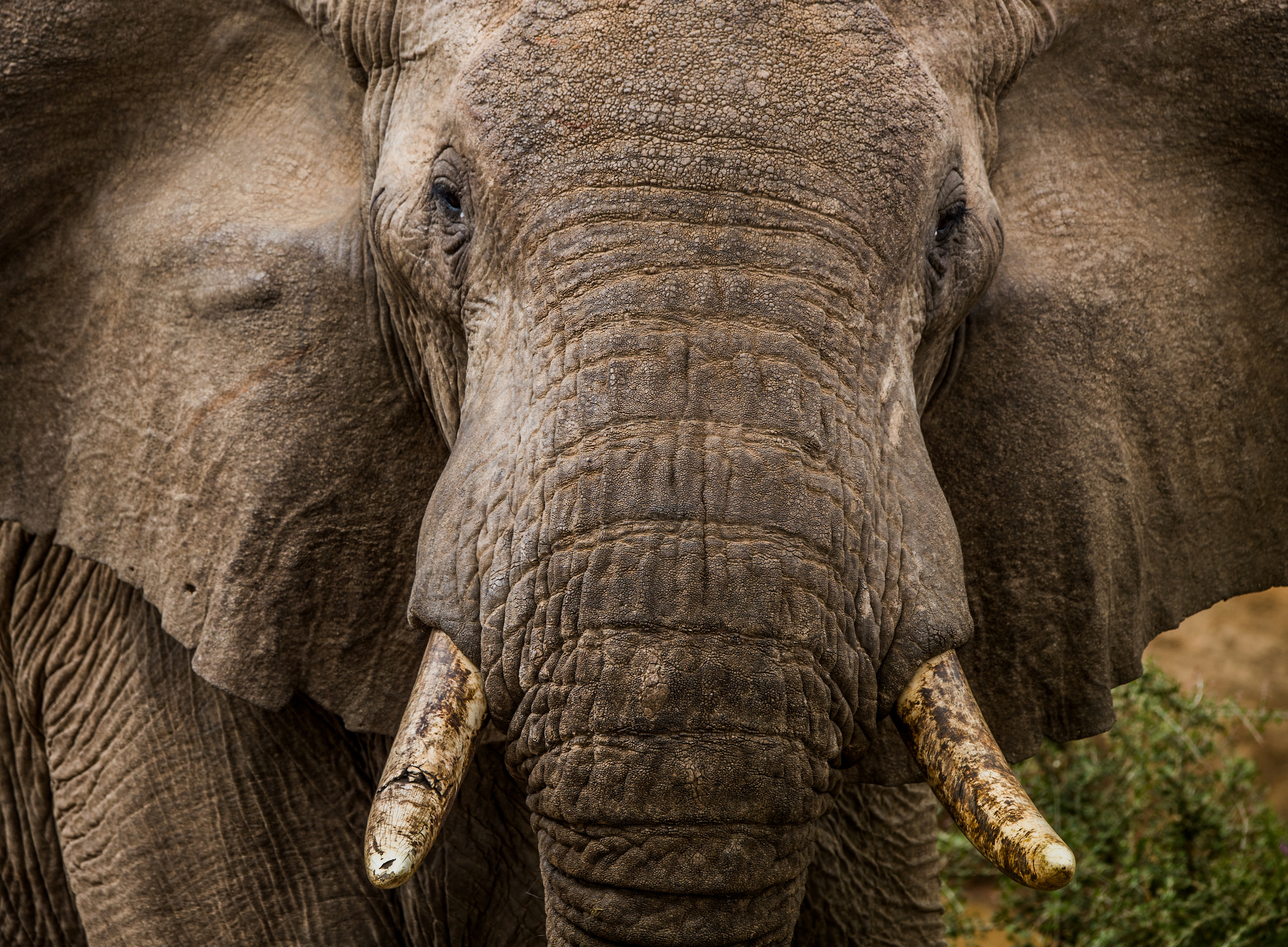
In the sweeping shrublands of northern Kenya, a grassroots movement is shifting the conservation narrative. Here, Reteti Elephant Sanctuary operates as an elephant orphanage and rehabilitation center, as well as a model of human-wildlife co-existence. Owned and operated by members of the Samburu community—a pastoralist people whose ancestral homelands encompass the sanctuary—Reteti is the first locally-owned elephant sanctuary in the country. When so much of Kenya’s conservation efforts have been guided by colonial and Western structures, Reteti’s successes signify a seismic shift, not only within conservation, but within the social and economical contexts of the Samburu people.
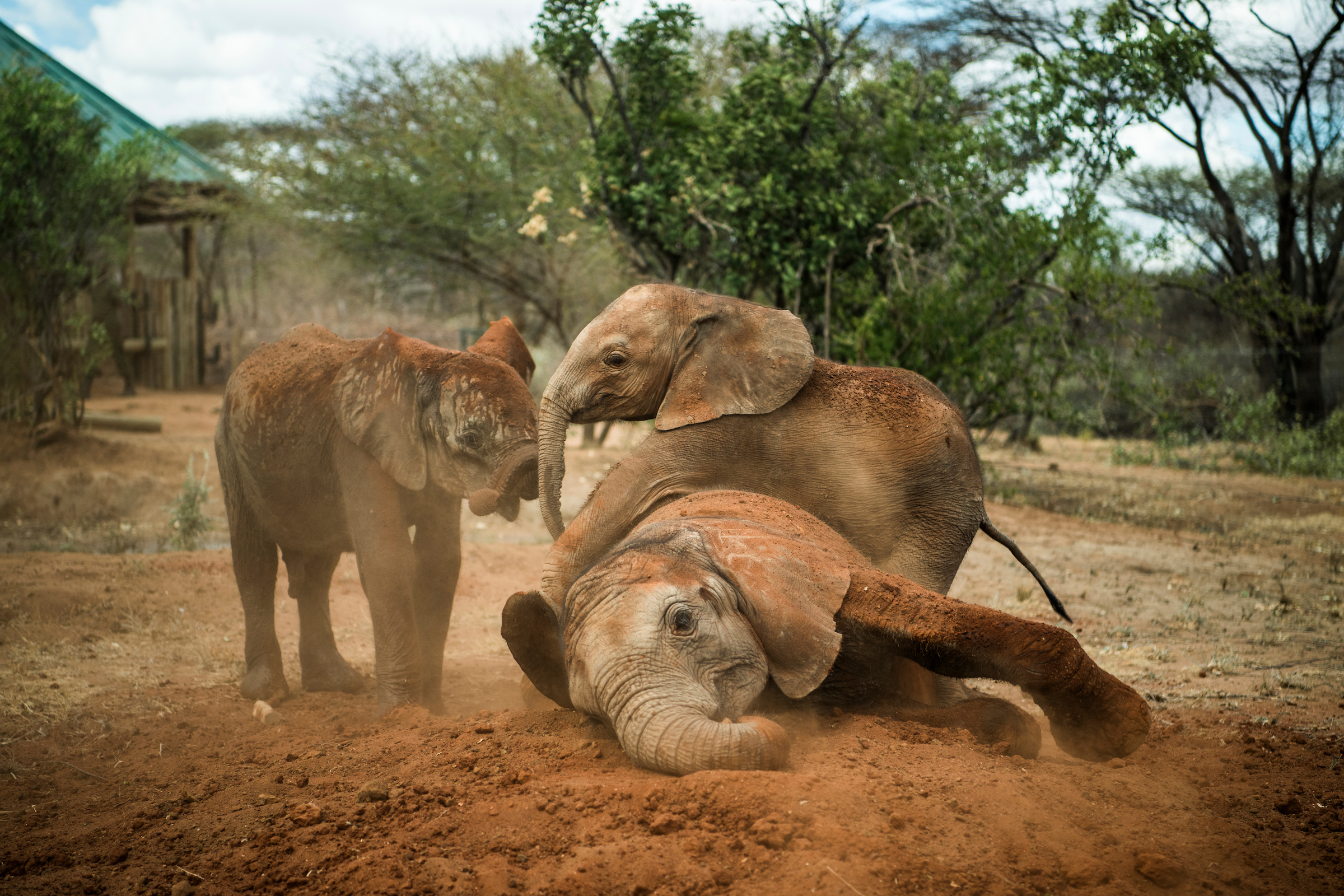
Baby elephants play at Reteti.
National Geographic photographer, filmmaker, and TreadRight ambassador Ami Vitale has been telling the story of Reteti from the moment its first elephant arrived in September of 2016, through short films and imagery. “I’ve seen their successes and their heartbreaks,” she says. Vitale’s latest film tells the Reteti story through one central character: Shaba, an orphaned elephant who would become the matriarch of the sanctuary. The 11-minute film, titled after the elephant, follows Shaba’s rescue, rehabilitation, and release back into the wild through the lens of her keepers: a group of local Samburu women formally trained to care for elephants. There are strong parallels of motherhood as Shaba learns to become a de facto matriarch of the sanctuary’s young elephants while the keepers become role models for young Samburu women to follow in their footsteps. It’s an inspiring and empowering depiction that speaks to the larger social benefits of Reteti’s work.
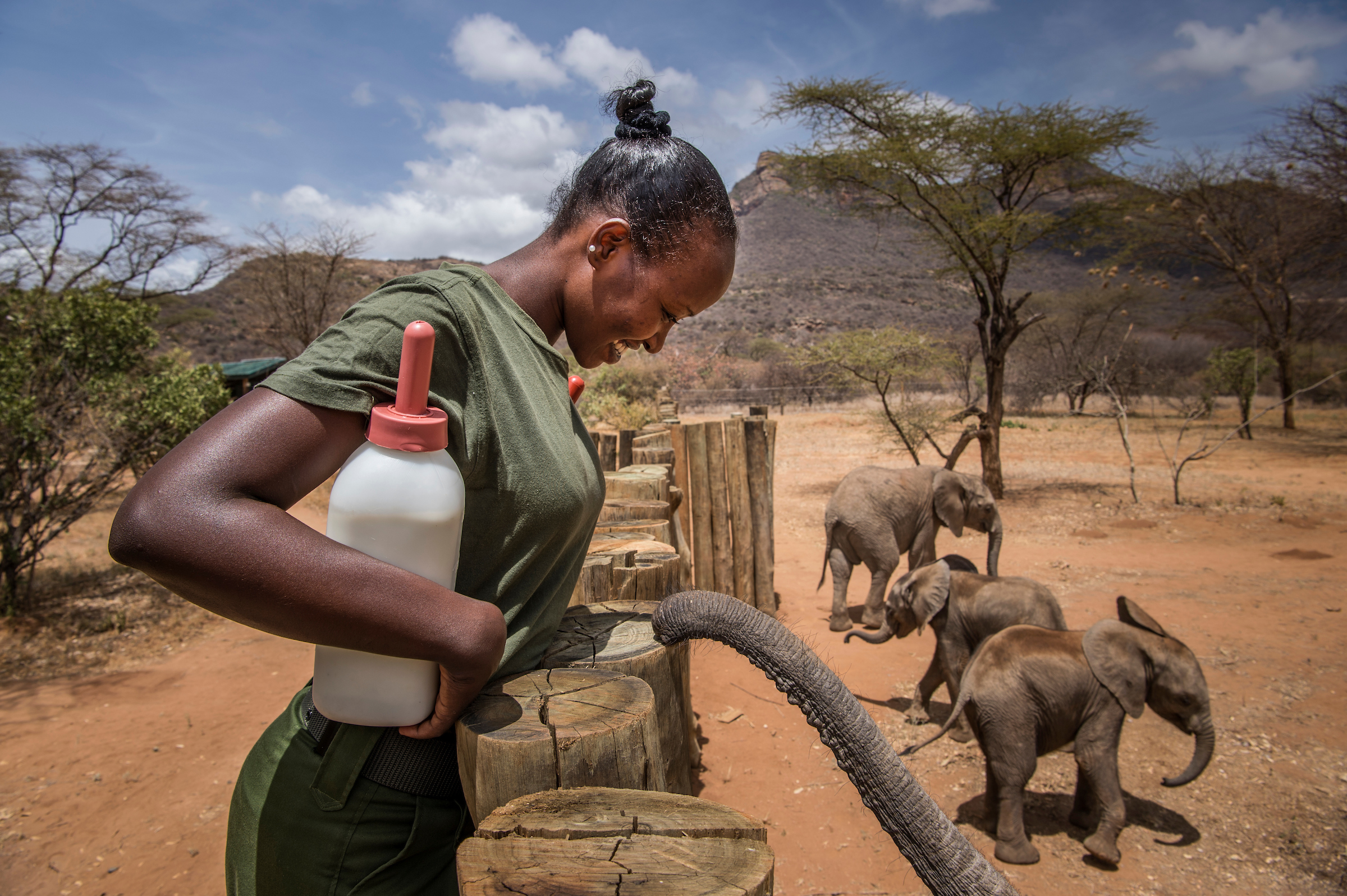
Rescued elephants at Reteti are looked after by local keepers from the Samburu community.
“[Local] people are really excited by Reteti because it’s bringing much needed jobs and income to the community, and a better understanding of these elephants,” says Vitale. “That’s when an ecosystem is in balance: when you see people and wildlife both benefiting.”
Though poaching in Kenya has dramatically dipped below its peak in 2011-2012, human-wildlife conflict remains a frequent obstacle in protecting elephants. The issue is exacerbated by expanding urban areas and climate change, which causes water wells to dry up and forces elephants to dig deeper trenches for water where young elephants often get trapped. While Reteti rescues and eventually releases these elephants back into the wild, the sanctuary also works with the encompassing Namunyak Wildlife Conservancy to oversee the grazing routes of pastoralists who live on the land in an effort to reduce human-wildlife confrontations as much as possible.
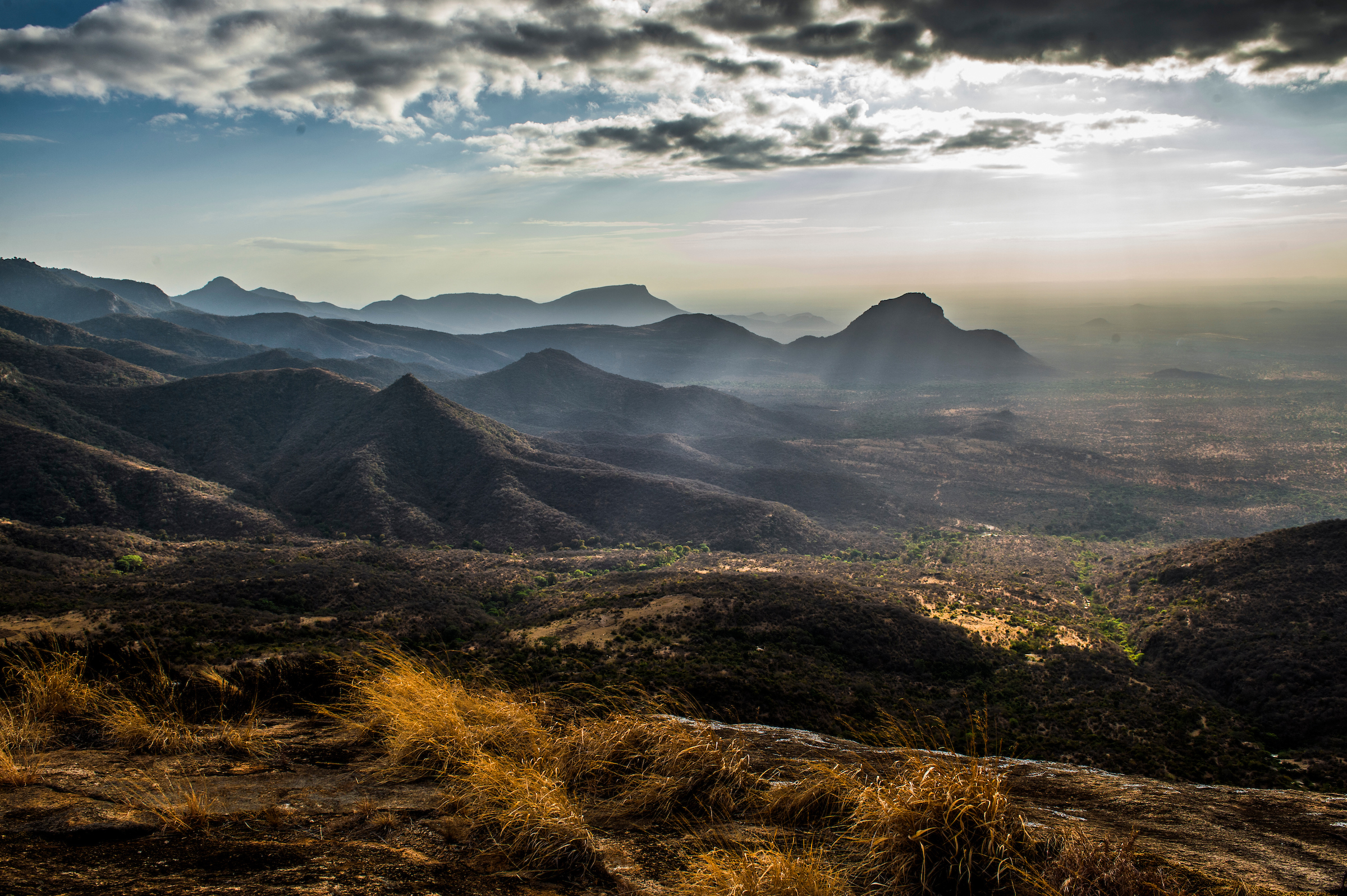
Kenya’s landscape.
Reteti’s story is only beginning but it’s already a success story of how local and on-the-ground initiatives can have expanding and positive ripple effects. Vitale shares a story that captures this sense of self-sustainability: “Because of the pandemic, there was an issue with the supply chains of getting the milk formula [for the elephants] in, so they experimented using fresh, local goat’s milk, and it’s had this amazing impact. Not only did the milk formula make the baby elephants healthier, but it’s also much more sustainable. They’re not shipping it from thousands of miles away. And then the other amazing thing is that it is giving women in the community who own the goat’s milk more income and more opportunity. The women are seeing the value of elephants and elephants in the wild,” Vitale explains. “I think that Reteti is a place to keep an eye on. They’re making all these wonderful discoveries that have never been done before.”
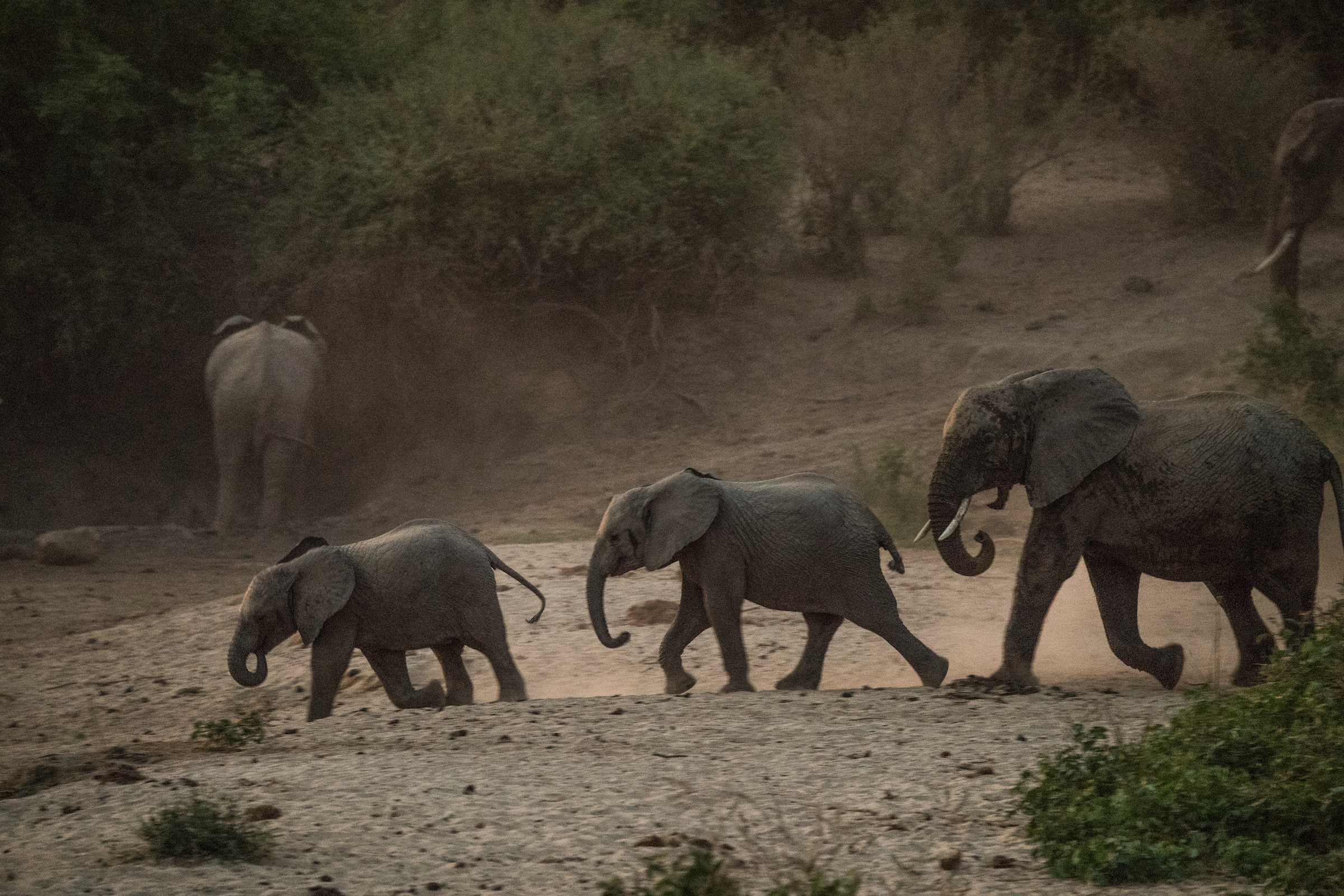
Shaba can be streamed online here by donation to directly care for Reteti’s elephants.
Photography by Ami Vitale.

